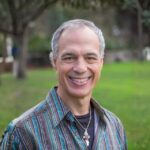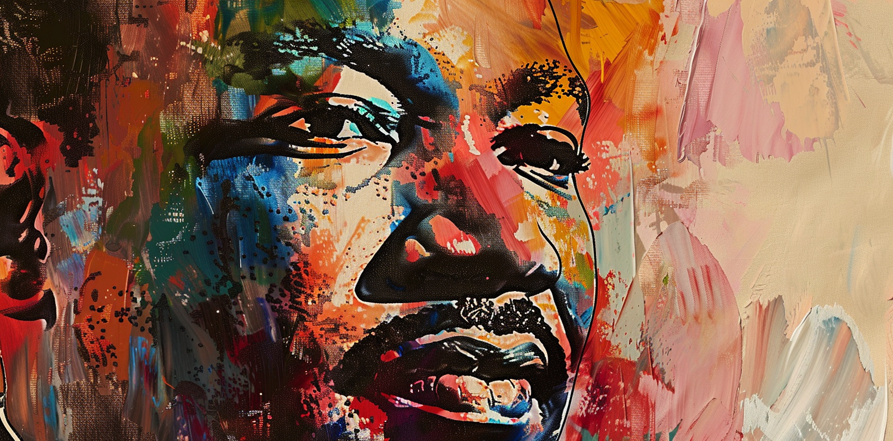I spend a great deal of time counseling individuals with life threatening illnesses. Understandably, the unknown—the emotional trauma of their unexpected diagnosis, the rounds of invasive medical treatments, and their suddenly uncertain future, frightens many people.
They come to me for advice in how to best approach their illness, knowing that they will receive a leading-edge, holistic protocol that encompasses nutrition, botanical support, information about medical procedures, and lifestyle recommendations. What they generally don’t anticipate receiving is spiritual guidance. In my experience, however, the people who do best are those who deepen in their spiritual practices, and who strengthen their connection to God, however they may conceive him to be within the context of their personal beliefs. For healing to occur at the deepest level of being, I believe that a strong personal connection to God is essential.
I believe in keeping spirituality simple, and in making the connection with God a daily, ongoing practice. As such, I recommend the practice of lectio divina (Latin for “divine reading”)— a method of prayer that employs the reading of scriptures to encourage communion with God, and in the process, inspire spontaneous spiritual insights.
Lectio divina was practiced as long ago as 220 A.D. by Catholic monks, and is enjoying a renaissance among modern-day Catholics and gnostics. Pope Benedict XVI recommended the practice, saying, “I would like in particular to recall and recommend the ancient tradition of lectio divina, the diligent reading of sacred scripture accompanied by prayer which brings about that intimate dialogue in which the person reading hears God who is speaking, and in praying, responds to him with trusting openness of heart.”
You do not have to be of any particular religion or faith to benefit from this practice. Lectio divina is adaptable for people of all faiths; it does not matter if you are reading the Bhagavad Gita, the Torah, or the Koran. What matters most is the intention with which you approach the reading. There are four basic principles involved in practicing lectio divina: sensing, thinking, intuiting, and feeling.
Before beginning the practice of lectio divina, it’s important to relax. Choose a comfortable, quiet setting where you will not be disturbed. It can be helpful to take several slow, deep breaths to relax the body and to begin to clear the mind of worrisome thoughts. You may also find it helpful to recite a brief phrase or word over and over—choose something that is personally meaningful to you, perhaps a brief prayer or simply reciting the word, “Peace.”
There are four steps to the actual practice of lectio divina:
- Lectio: Choose a spiritual reading, a passage from the Bible or other sacred text. Read the passage slowly, allowing the words to sink deeply into your consciousness as you read. Consciously attend to each word, bringing your attention back to the passage if you find your mind wandering. As you read, be aware of words or phrases that resonate with particular meaning for you.
- Meditatio: Take time to reflect, or meditate, on the passage that you have read. How does it apply to your life? How might you use the wisdom that you have been offered as guidance in your life? Be open to a unique, personal interpretation of what you have read.
- Oratio: It is now time to respond to what you have read by opening your heart, your mind, and your soul to God. All that is required is a willingness to begin the conversation with God.
- Contemplatio: You have now prepared the fertile ground of your mind, body, and spirit to be receptive to the guidance of God. In this step, you free yourself from your own thoughts, and simply listen to God.
I recommend that everyone set aside time daily for the practice of lectio divina. It is a simple practice, but one with great rewards.









